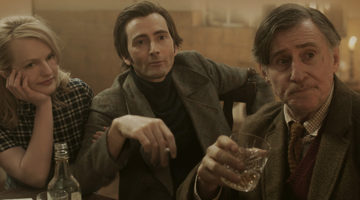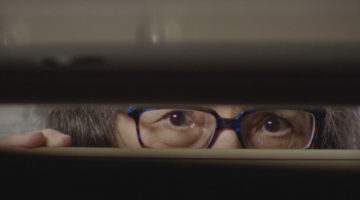Review: Watchers in the Sky
There was a time when the word “genocide” did not exist. In fact the coining of that term was also crucial in getting people to understand it as a crime.
As shocking as it may seem it was not until recently that genocide became a criminal act. Hard to believe considering that this has been one of the constants of human history. Watchers of the Sky tells the story of lawyer Raphael Lemkin and his heartbreaking journey to find justice for millions and to prevent further catastrophes from reoccurring. Lemkin recognised even as a child that genocide had been ongoing since ancient times and that the problem lay in not only how to identify it but also in how to hold those responsible accountable. The story of Lemkin is woven throughout as the stories of genocide in Bosnia, Rwanda and Darfur are each given their own segment.
As if the story of Lemkin were not inspiring enough we also hear from Samantha Power (U.S. ambassador to the U.N.), Luis Moreno Ocampo (ICC chief prosecutor), Benjamin Ferencz (Nuremberg prosecutor) and Emmanuel Uwurukundo (U.N. refugee officer).
Watchers of the Sky does an excellent job of synthesising historic and modern genocides and highlighting the recurring patterns that flow through each. For those of us fortunate enough to be born in places where our rights are protected genocide may seem like a distant historical problem and one that does not affect us at all. Watchers of the Sky emphasizes that these atrocities are a crime against humanity and therefore we are all affected and worse still genocide is ongoing – even now at this very moment.
Watchers of the Sky is not a light two hours but it is documentary film making at its very best and absolutely essential viewing. Despite descriptions of atrocities committed and some graphic archival footage this is a documentary that people of all ages need to see.
Watching it one may feel as though this is a hopeless cause, considering in the last few decades many of Lemkins worst nightmares have come true. The final scene with a tearful Ferencz telling the tale of astronomer Tycho Brahe summarizes nicely why the work of Lemkin and so many others is never done in vain.
[star v=5]






